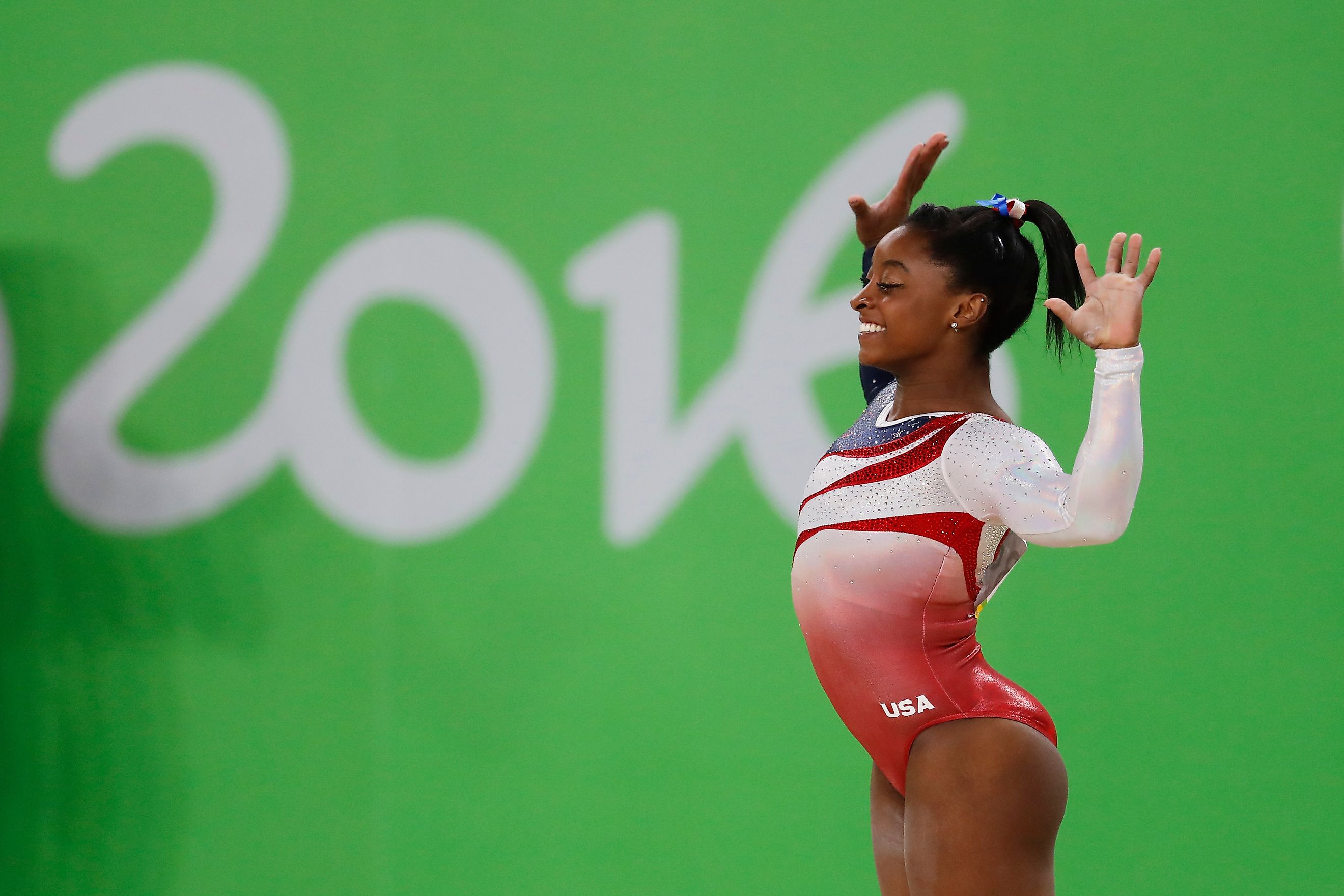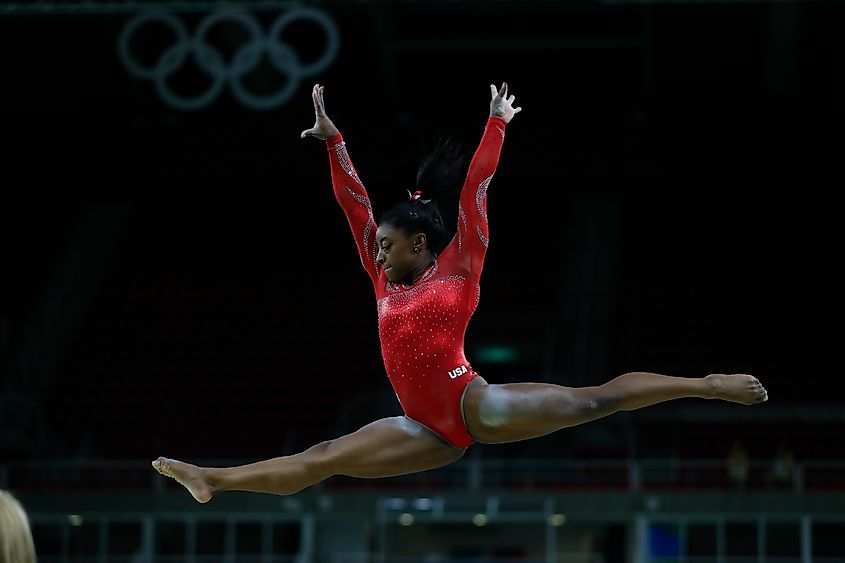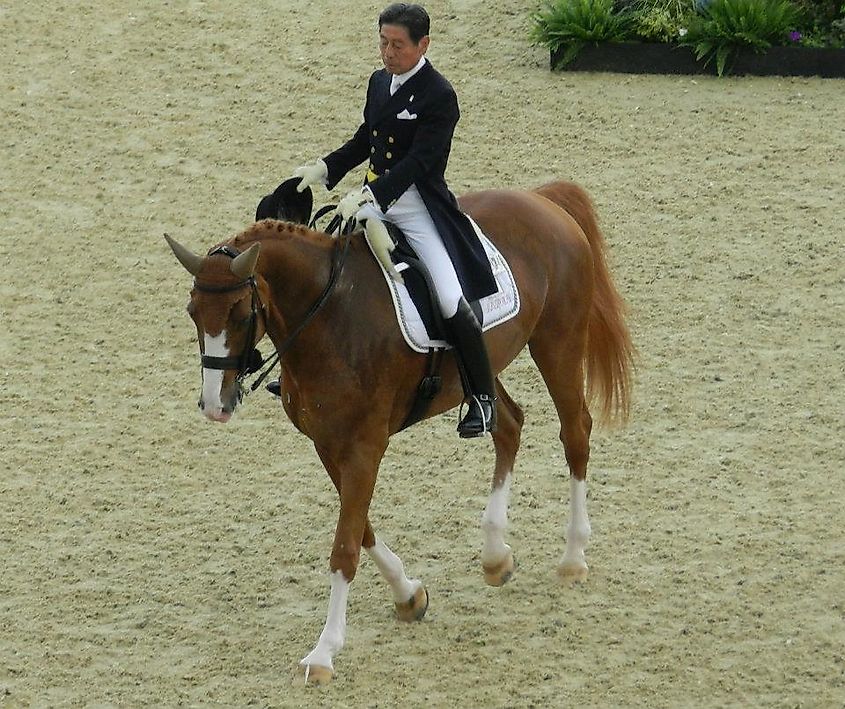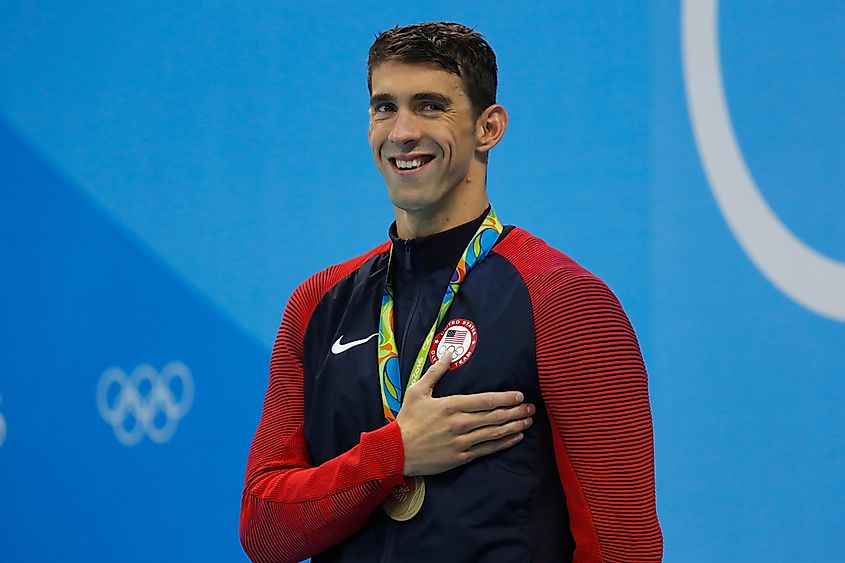
Is There an Age Limit For the Olympics?
The Olympics are an opportunity for all the best athletes worldwide to perform at the highest level of sport. From all the corners of the Earth, all hailing from different walks of life, every athlete arrives with a unique story to tell. The Olympics are open to anyone who is good enough to compete, both young and old. Throughout its storied history, there have been extraordinary stories of both children and senior citizens competing for a podium finish.
How Old Do You Have To Be To Compete?

While this might seem like a simple question, it is surprisingly complex. The age limit varies depending on the sport and country in which they competing for. Officially, at least according to the Olympic Charter, there is no age limit for participating in the games.
Who makes the cut really comes down to the decision of the International Sports Federation (ISF). It is this organization that sets many of the requirements for athletes to enter the Olympics. However, this age range can change rather drastically depending on the country.
For instance, the youngest age that is allowed is 13. This is the case for countries such as the United States and Canada. China sets the limit at 14, and places like Russia only allow those 18 or older to join.
Some events have hard age limits set in place that cannot be overruled by competing countries. The Olympics only allows those competing in boxing to be 18 years and older whereas all divers must be at least 14. In the newly introduced sport of Olympic skateboarding, there is no age limit at all.
A History Of The Youngest Olympians

There was, of course, a time when age limits were not really taken into consideration. In the first modern Olympic games which were held in Athens in 1896, a 10-year-old boy, Dimitros Loundras, competed in gymnastics for Greece and was able to win a bronze medal.
Perhaps the best performance from a teenager at the Olympics was from Romanian gymnast Nadia Comaneci in Montreal in 1976. She was the first person ever to be awarded a perfect 10.0 on the judge's scorecards in every event she was in. She was only 14 years old.
A more recent example of very young Olympians was at the 2020 Tokyo Games in which Kokona Hiraki, a 12-year-old skateboarder managed to win a silver medal for Japan.
As access to sports becomes more available globally, it is only natural to expect to see younger and younger athletes competing at the highest level. With the amount of coaching, training, and resources that some countries have access to, literal children are starting to develop advanced skill sets even earlier.
A History Of The Oldest Olympians

It has not just been the very young who have been able to make a name for themselves at the Olympics but also those who are at the end of their athletic career. The oldest Olympian to ever register for the games was Sweden's Oscar Swahn. The 72-year-old did qualify to compete in the 1920 Olympics in shooting where he won a silver medal. He qualified again in 1924 but withdrew before his event ever took place.
In 2012, Hiroshi Hoketsu, a Japanese equestrian competed at 71 years old. Although he finished in 40th place, this marked a long career for the Olympian. He first began competing at the Olympics in 1964 which began a record breaking 44 year long Olympic career.
Regardless of which event or which Olympics, there is always a veteran of their sport making their last appearance as a final hurrah to try and get a final taste of Olympic gold. Even in 2024, world-famous athletes like LeBron James are participating in Paris as a final send-off to their beloved sport and diehard fans.
Retirement for sports also varies quite heavily. For instance, the average retirement age of a boxer is going to be much younger than someone who is participating in shooting or curling. The average age of Olympic athletes is also continuing to increase as medical technology and sports therapy advances. The 2020 Tokyo Olympic Games saw an average age of 27 which was the highest it has been since 1948.
How Could This Change In The Future?

As seen with the introduction of new Olympic sports such as skateboarding, the age limit that is widely practiced across most Olympic events could continue to blur. Just about every Olympic Games, both winter and summer, new sports are added. Who is to say what, if any, age limit will be placed on these new events?
While it is unlikely that the age limit for sports like boxing or judo will be lowered, there is no reason to assume various countries might warm up to the idea of dropping their age limits. Especially if they continue to see younger and younger athletes compete at the games.
One of the newest editions to the Olympic Games is breaking, also known as break dancing. While there is currently an age limit to compete, there are arguments to be made as to why a child could not compete in events like this or in something similar.
Final Thoughts
Despite being such a storied and iconic event, the Olympics are an ever-changing organization. As various events come and go, so can various rules and regulations surrounding age limits at the games. Only time will tell how much this will change in the coming decades.











